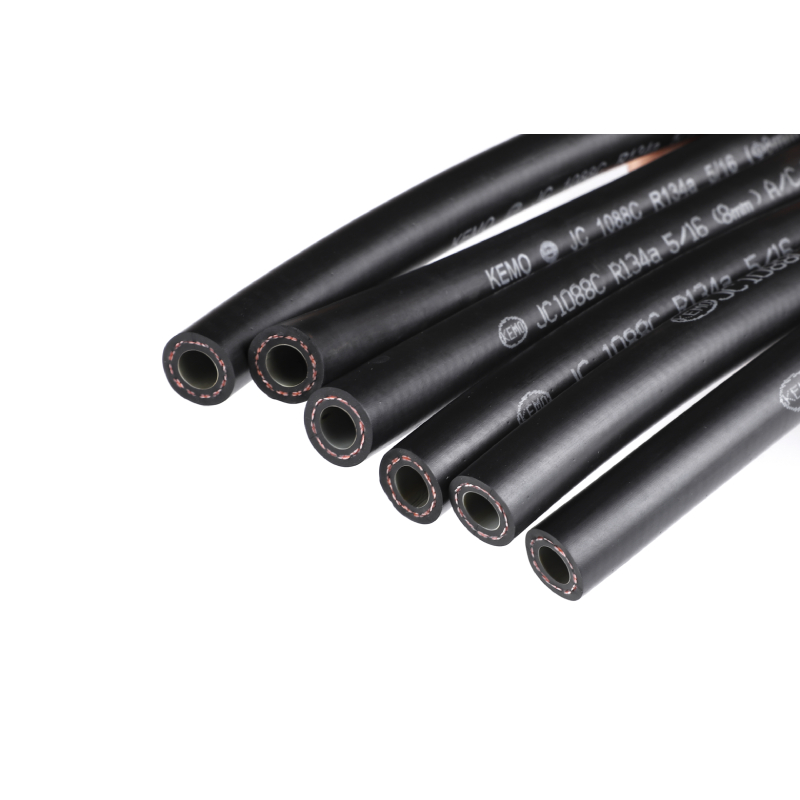hydraulic brake lines for boat trailers
okt . 30, 2024 11:40 Back to list
hydraulic brake lines for boat trailers
Understanding Hydraulic Brake Lines for Boat Trailers
When it comes to ensuring the safety and efficiency of boat trailers, one often overlooked component is the hydraulic brake system. Unlike traditional mechanical brakes, hydraulic brakes use fluid pressure to activate the braking mechanism, offering superior stopping power and smoothness, especially when hauling heavy loads like boats.
What Are Hydraulic Brake Lines?
Hydraulic brake lines are tubes or hoses that transport brake fluid from the brake master cylinder to the brake calipers. This system operates on Pascal’s principle, where pressure applied to fluid in a confined space is transmitted undiminished throughout the fluid. Therefore, when the brake pedal is engaged, hydraulic fluid is pushed through the lines, activating the brakes at each wheel. This method allows for more effective and responsive braking, crucial for heavy and potentially dangerous cargo, such as boats.
Why Are They Important for Boat Trailers?
Boat trailers often transport significant weights, and the last thing any boat owner wants is for their trailer to jerk or sway during braking. Hydraulic brake lines greatly enhance control, offering smoother stops and reducing the chances of skidding or losing control. This is particularly vital in emergency situations when quick stopping capabilities can prevent accidents.
hydraulic brake lines for boat trailers

Moreover, hydraulic systems tend to be more reliable and require less physical effort to engage compared to their mechanical counterparts. They also provide more consistent braking performance, regardless of the load, making them a popular choice among boaters.
Maintenance of Hydraulic Brake Lines
Proper maintenance of hydraulic brake lines is essential for ensuring safety on the road. Over time, brake fluid can absorb moisture, leading to a decrease in performance and potential corrosion of the brake components. Regularly checking the fluid level and replacing it as necessary can significantly prolong the life of the braking system.
Additionally, inspecting the brake lines for leaks, cracks, or wear is crucial. Any sign of damage should prompt immediate repairs, as even a small leak can reduce braking efficiency dramatically. It’s also wise to check brake pads and calipers regularly to ensure they are in good working condition, as these components work directly with the hydraulic system.
Conclusion
For boat trailer owners, understanding the functionality and maintenance requirements of hydraulic brake lines is vital. They not only enhance the braking performance but also provide peace of mind when transporting heavy loads. Regular inspections and maintenance can prevent complications, ensuring that the trailer operates safely and efficiently. By investing time in caring for these systems, boaters can ensure that their excursions remain enjoyable and incident-free. Remember, safety on the road is just as important as safety on the water.
